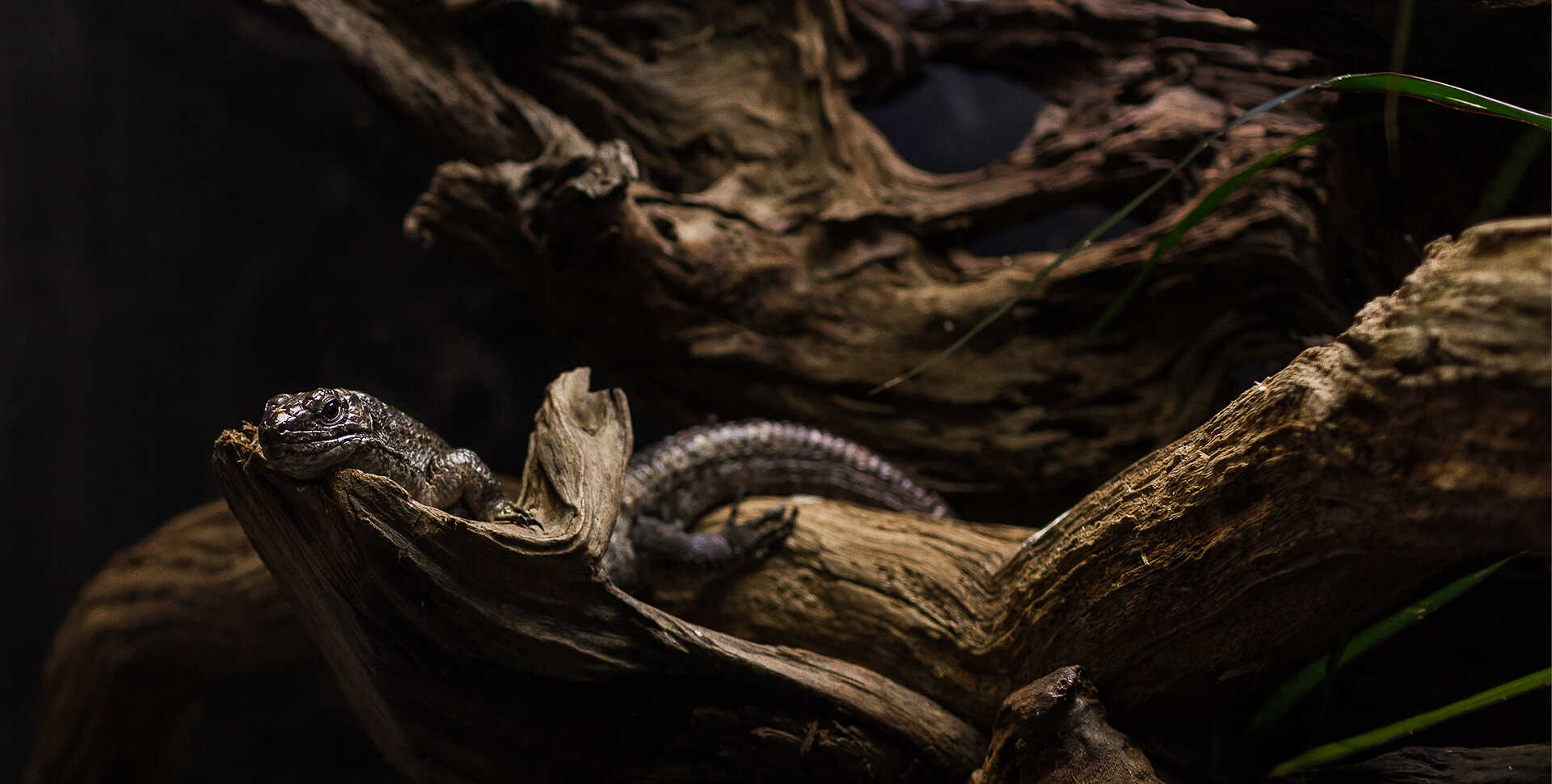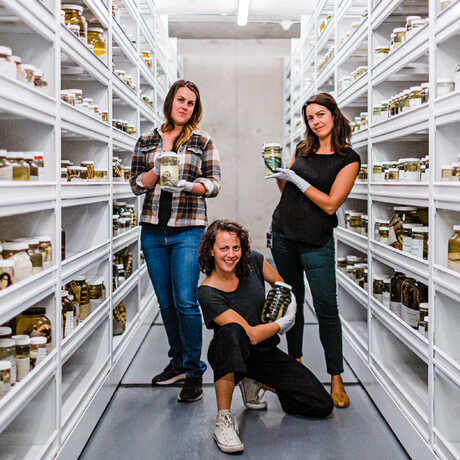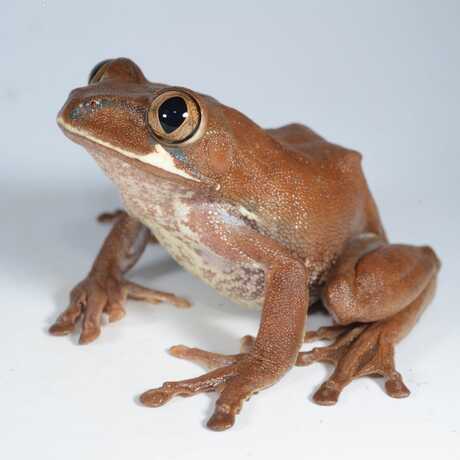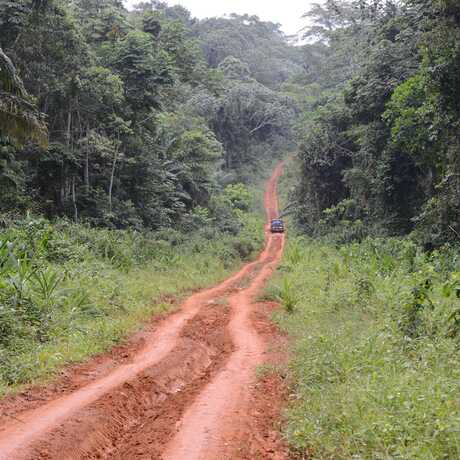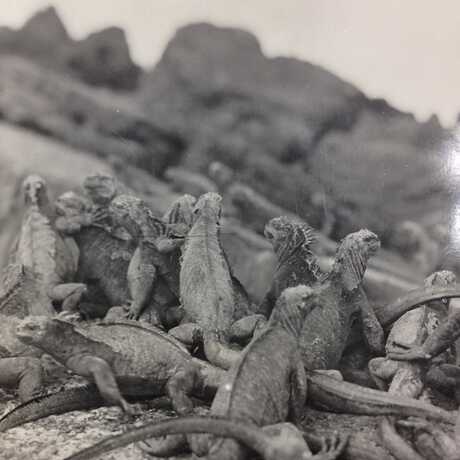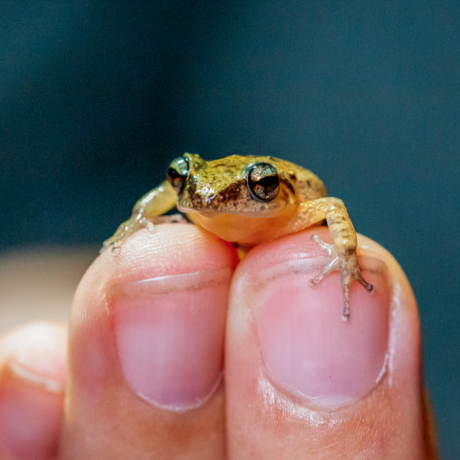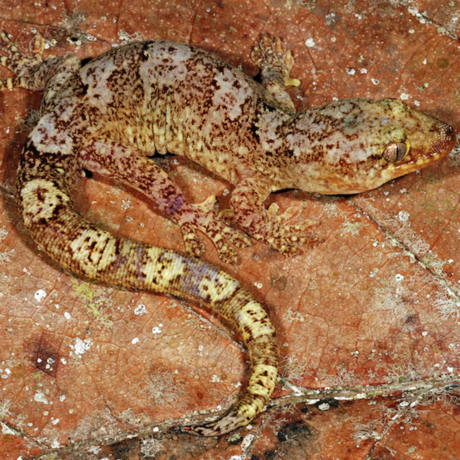Lauren Scheinberg
California Academy of Sciences
55 Music Concourse Drive
Golden Gate Park
San Francisco, CA 94118
415.379.5292 (lab)
415.379.5823 (direct)
lscheinberg@calacademy.org
With more than 315,000 cataloged specimens from 175 countries, our collection of amphibians and reptiles is one of the largest in the world.
Check out our new Google Scholar profile for a list of publications that have used our specimens.
